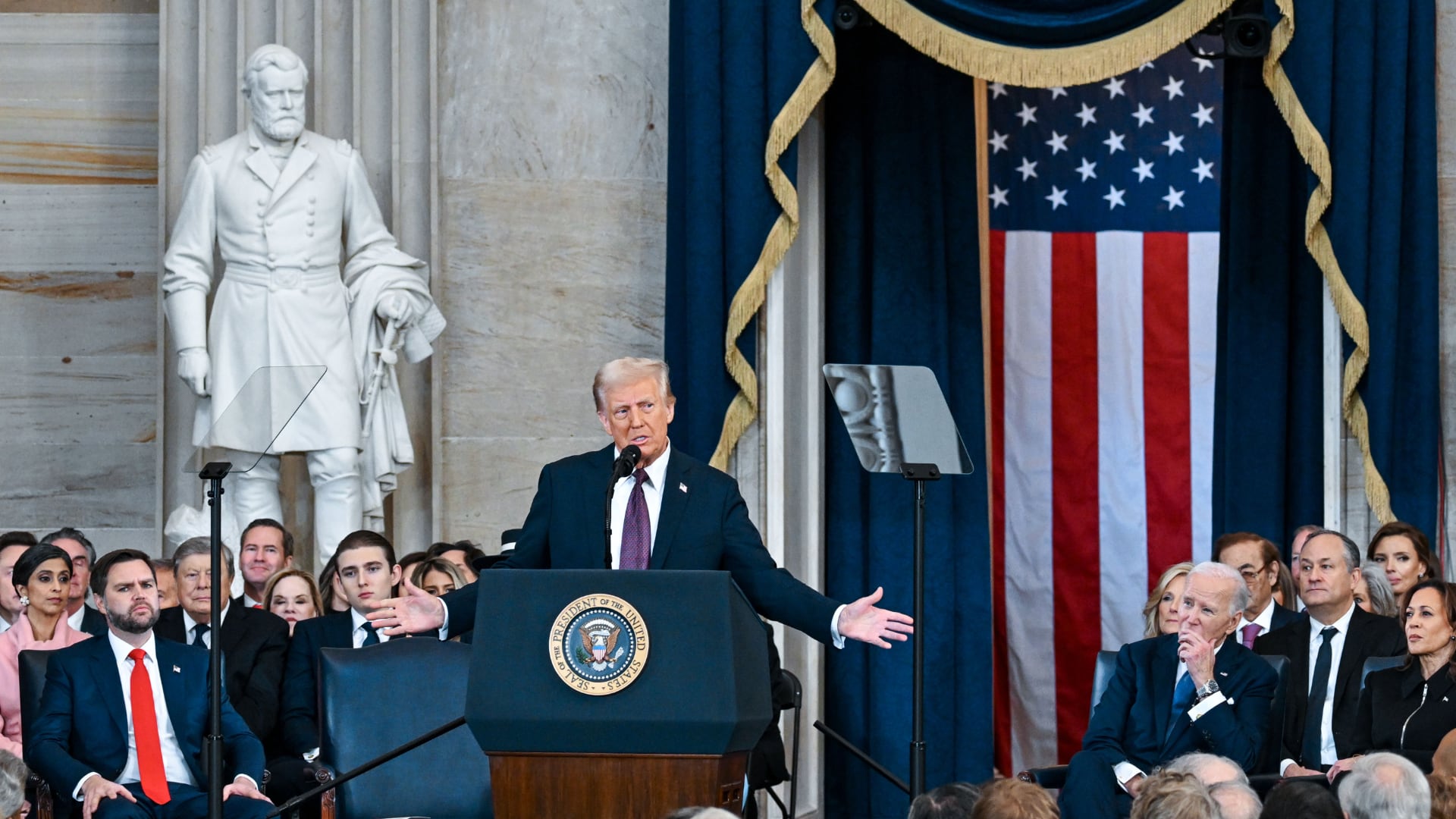*By Christian Smith* The Republican Party still has a lot of work to do when it comes to getting women involved in national politics, said Sarah Chamberlain, president and CEO of the Republican Main Street Partnership. It starts with money. In an interview on Cheddar, Sarah Chamberlain said men are still bigger check-givers than women. And they tend to give to other men. "The Republican party is primarily funded by men," she said. Funding is essential to winning seats in Congress: More than $1.3 billion has already been spent on House races alone for the 2018 midterm elections according to the [Center For Responsive Politics](https://www.opensecrets.org/overview/). Without proper funding, non-incumbent candidates typically don't have the resources to build the name recognition it takes to win an election ー which Chamberlain said is precisely what befell Ashley Nickloes in the race for the Republican nomination in Tennessee's 2nd District. Nickloes raised [$150,000 in individual contributions](https://www.nytimes.com/2018/10/30/us/politics/women-campaign-fundraising.html) and received $100,000 from the Republican Main Street Partnership, which was just enough to air one TV ad in the district. She eventually placed third behind two men who out-raised her. While the Republican Party may not have put forth as many female candidates for the House and Senate as the Democrats this year ー 59 to 197 ー Chamberlain hopes that will change by the next by election year. "I really hope by 2020 and 2022, we are ready from the GOP side and we're ready to elect a lot more women to Congress, both the House and the Senate," Chamberlain said. "Ladies, we are 51 percent of this country and our population," she said. "We have to get engaged, we have to turn out, we have to be willing to run, and we have to be willing to fund good female candidates when we find them." For full interview [click here](https://cheddar.com/videos/why-republican-main-street-partnership-ceo-sarah-chamberlain-says-there-is-a-gender-gap-in-political-fundraising).












